East and West
Allama Jafari on Bertrand Russell
Seyed Javad Miri
University Press of America, Inc.
Lanham Boulder New York Toronto Plymouth, UK
Copyright 2013 by University Press of America, Inc.
4501 Forbes Boulevard, Suite 200, Lanham, Maryland 20706
UPA Aquisitions Department (301) 459-3366
10 Thornbury Road, Plymouth PL6 7PP, United Kingdom
All rights reserved
Printed in the United States of America
British Library Cataloguing in Publication Information Available
Library of Congress Control Number: 2013930282
ISBN: 978-0-7618-6082-2 (cloth : alk. paper)ISBN: 978-0-7618-6083-9 (electronic)
Cover photographs and letters courtesy of the Allama Jafari Institute and the Bertrand Russell Archives, McMaster University Library.
 TM The paper used in this publication meets the minimum requirements of American National Standard for Information Sciences Permanence of Paper for Printed Library Materials, ANSI/NISO Z39.48-1992.
TM The paper used in this publication meets the minimum requirements of American National Standard for Information Sciences Permanence of Paper for Printed Library Materials, ANSI/NISO Z39.48-1992.
Prologue
Very rarely do western philosophers enter into a fruitful discourse with their intellectual counterparts from the East. We narcissistically examine our own works, legacy, history, and values, but rarely do we overcome our self-imposed deafness towards the philosophical world that remains outside of the West, as if everywhere else can pose as a subject of study, but never a philosophical equal in which the other can contribute to our study as a co-inventor, co-creator, and source of knowledge. We too often cleverly forget that that the western philosophical tradition was not only built upon the Greeks, who themselves were not necessarily westerners, as the west for the Greeks was the lands of savage barbarians, but was also rooted within the great Islamic philosophers, mystics, poets, scientists, theologians, and intellectuals that, rescued, preserved and enhanced the legacy of the Greeks. Western intellectuals too often remains recalcitrant in accepting the fact that it was the Muslim world, non-Christians, non-Aryans , and non-Westerners that laid the foundation for the Wests resurrection from its dark age death. We can only imagine what the West would be without the wisdom of al-Farabi, Ibn Rushd, Ibn Sina, and al-Kindi? What would it be without al-Khwarzimi and Ibn Khaldun? What would it be without the Banu Musa brothers, ibn Ishaq, ibn Firnas, ibn Qurra, al-Battani, and al-Razi? What would it be without al-Zahraw, ibn al-Haytham, al-Zarqali, and al-Idrisi? What would it be without al-Nafis, al-Tusi, and Suhrawardi? Sadly, if a Westerner is reading this prologue, very few of these names will prove to be familiar despite the fact that these are just a few of the most important philosophers, scientists, and intellectuals of the Muslim world that vigorously pursued excellence in knowledge while the West languished in its post-Roman obscurity and backwardness. These Islamic equivalents of Galileo, Copernicus, Newton, Thomas Aquinas, Descartes, Kant, Hegel, Weber, Marx, prepared the soil for the European renaissance, but are given very little credit for doing so in the academic institutions in Europe and North America. Many a western philosopher will master the corpus of western philosophy, but will never pursue a cursory study of their predecessors in the dar al-Islam (abode of Islam). The West, due to the its fundamental antagonism towards Islam, especially as it was understood in the Middle Ages to be a heretical form of Christianity, has systematically ignored the Islamic contribution to Western history and civilization and to the modern Wests dominance. Although the post-colonial mentality of many Muslims continues to praise all things western (gharbzadegi), scholars like Seyed Javad Miri are beginning to address and rectify the problem by turning towards the earlier Islamic sources for what are understood to be Western innovations. This is not an attempt to deny the Wests great achievements in science, technology, medicine, architecture, etc., but to re-value those earlier Islamic accomplishments that made the Western achievements possible. In doing so, both the West and the Muslim world are given their due respect as well as laying down a foundation for which an inter-civilizational discourse can be enacted.
Seyeds work critically reviews an earlier attempt to produce a meaningful discourse between a western and an eastern intellectual. In it, the philosopher, theologian, and proponent of the Primordial School of Social Theory, Allama Jafari reaches out to Sir Bertrand Russell, one of the most important analytic philosophers of the West, in an attempt to engage him in a discourse concerning religion, secularity, and other secondary concerns. Although a discourse of letters did ensue, it became clear that there was an ocean of difference between the two intellectuals; one in which a rather lengthy bridge would have to be built in order for them to journey to the center of understanding. Sadly, due to commitments by both scholars, a resolution of difference was not possible. Yet, a final synthesis of ideas may not have been the ultimate goal of the dialogue, but it may have been the first step in the acknowledgement of the otherthe appreciation and acceptance of the other as a discourse partner.
Seyed Javad Miri Meynagh will point out that there remains a need for comparative philosophy within the modern world; an examination of the commitments, assumptions, worldviews, and lifeworlds of the other, as to clear a path of demystification so that people of different societies and backgrounds may enter into a civil dialogue, discourse, and debate as not to win over the opponent, but to gain understanding of a friend. In a polarized world, where one way-of-being slowly colonizes the rest of the world through its socio-political and cultural power, while powerless nations passively watch with existential angst to see their world and culture slowly be devoured by the globalization of the secular consumer society, it is the role of the intellectual, ethically committed to the flourishing of human happiness, prosperity, justice, and equality, to lead their respective peoples to the round table of inter-civilizational discourse, in an attempt to slow, arrest, and/or reverse the homogenization of the culture. In doing so, one must take the categorical imperative of inter-subjectivity seriously; as it is only by extending the same respect and dignity that one wishes for oneself to the other that can avoid inter-civilizational chaos and collapse. Disrespect for the sacred, no matter what that may be within a given society, can and will poison the process of dialogue.
Finding a reservoir of respect for those who do not share an intellectual commitment can be difficult for the best of mankind including their intellectuals, philosophers, and theologians. In the case of the Western philosopher and the Islamic philosopher-theologian, this has proven to be very difficult. As Seyed Javad Miri Meynagh will point out, they often times speak past each other as opposed to speaking to each other. The differences between the two, beginning with the Westerners commitment to methodological atheism, militant secularity, and/or positivism, often seem insurmountable. Rooted in the 18th century Enlightenment which devalued and divorced revelation from reason, the western philosopher often dismisses the metaphysical commitment that the Islamic scholar has for the divine and a world imbued with meaning radiating from the existence of that divine. Religion is seen as foolishness, nave, and intellectual obscurantism, the overcoming of which, is the basis for a true philosophical discussion. We must first embrace Nietzsches claim that

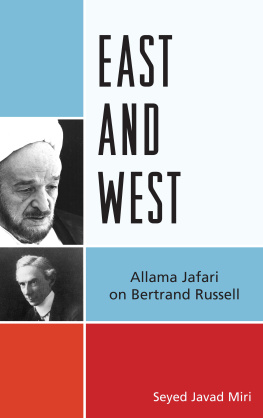
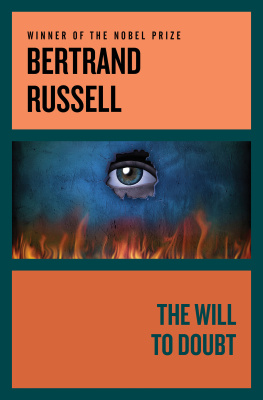
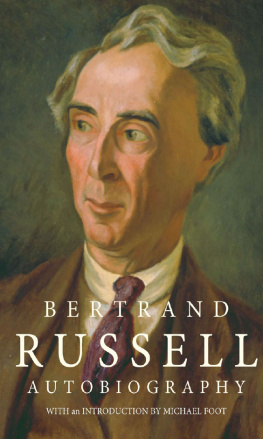
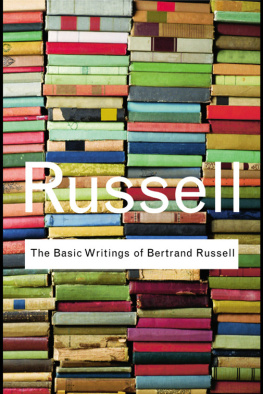
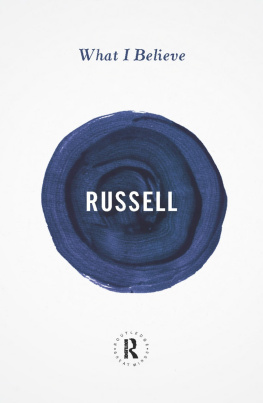
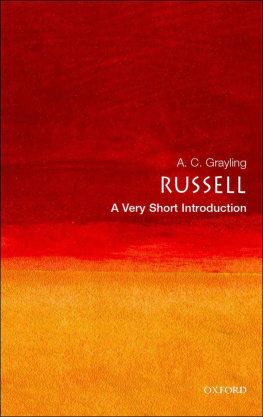
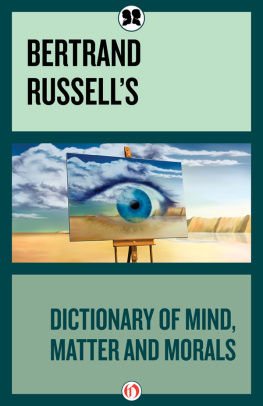
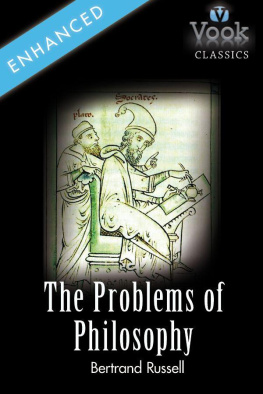
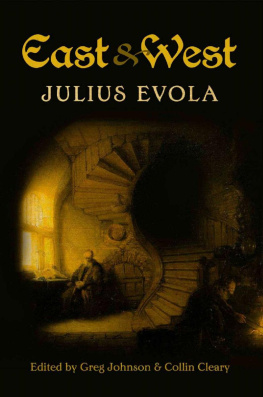
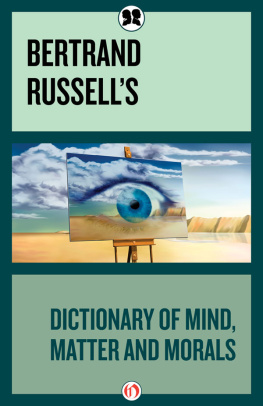
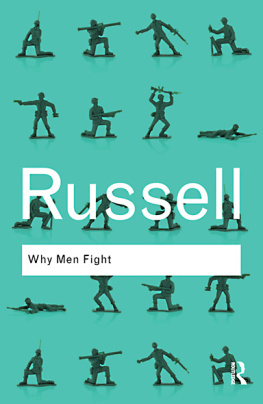

 TM The paper used in this publication meets the minimum requirements of American National Standard for Information Sciences Permanence of Paper for Printed Library Materials, ANSI/NISO Z39.48-1992.
TM The paper used in this publication meets the minimum requirements of American National Standard for Information Sciences Permanence of Paper for Printed Library Materials, ANSI/NISO Z39.48-1992.